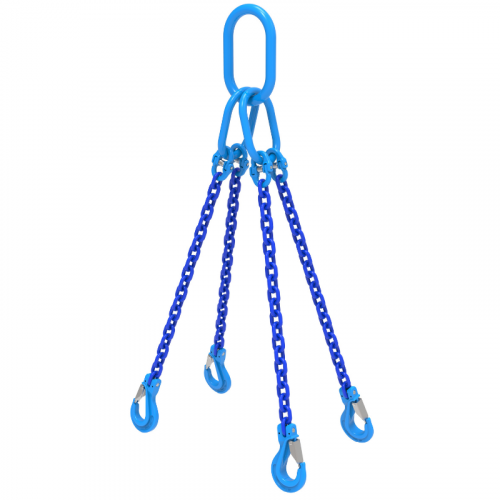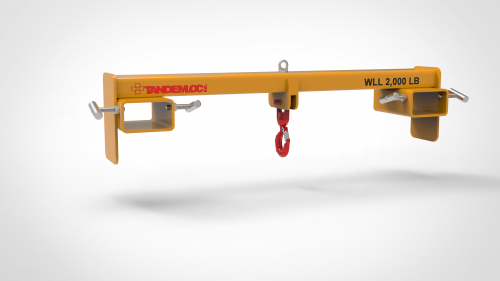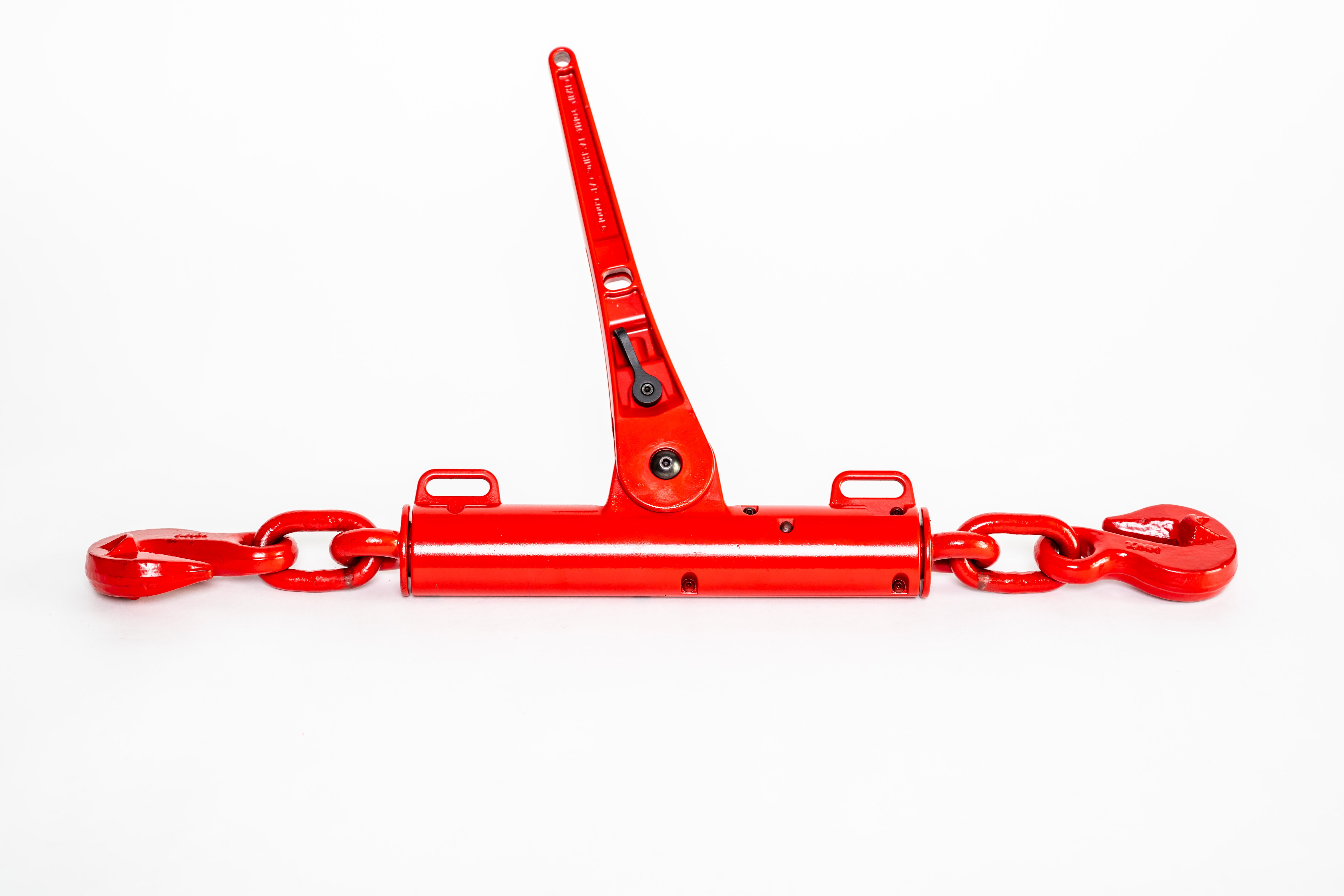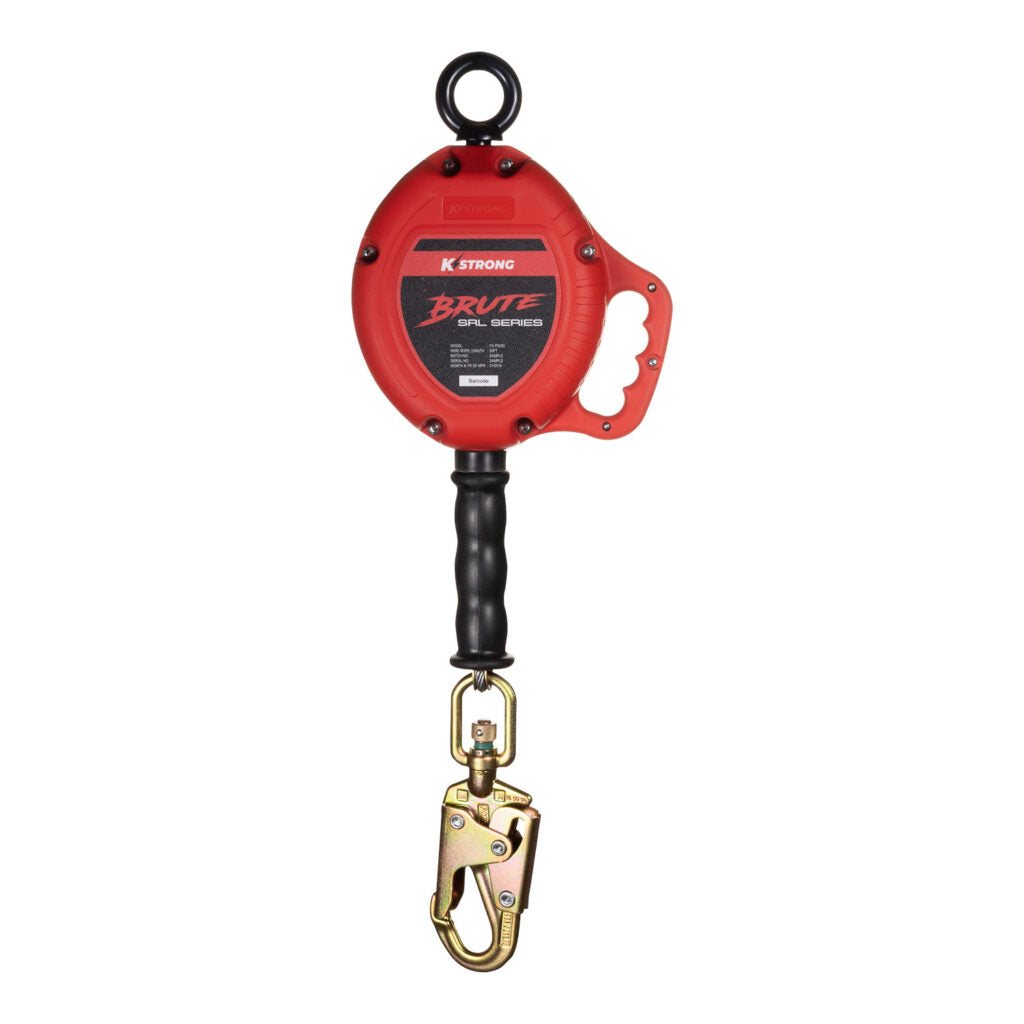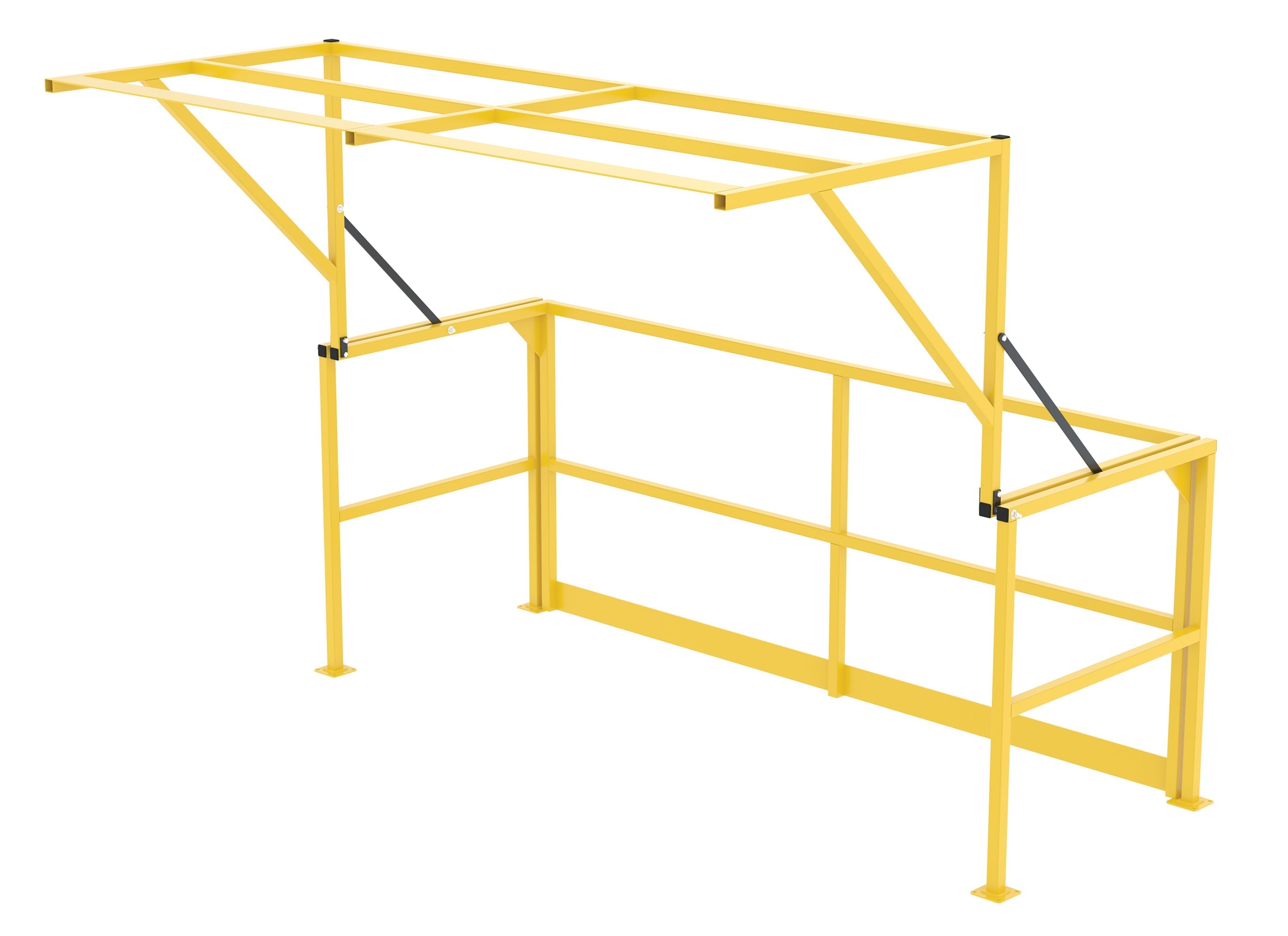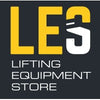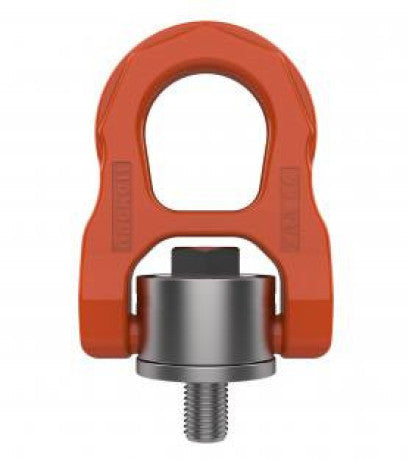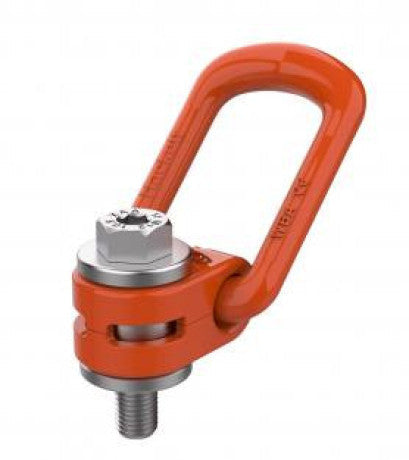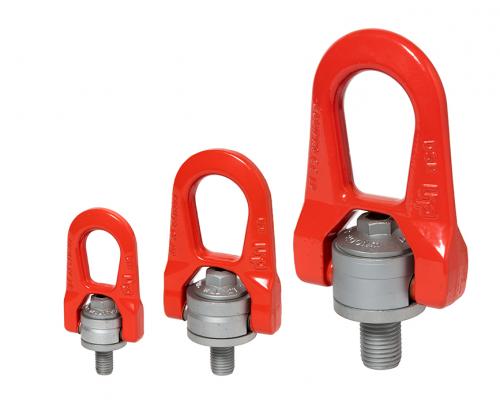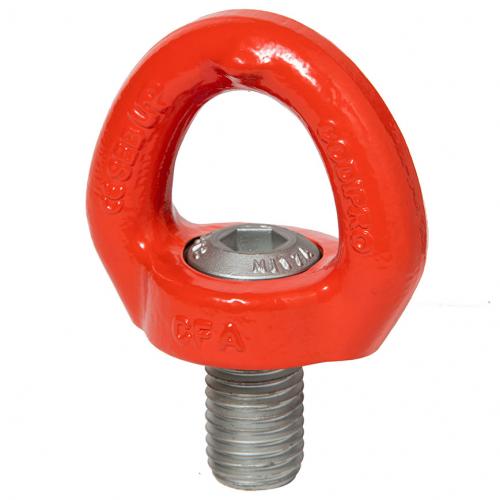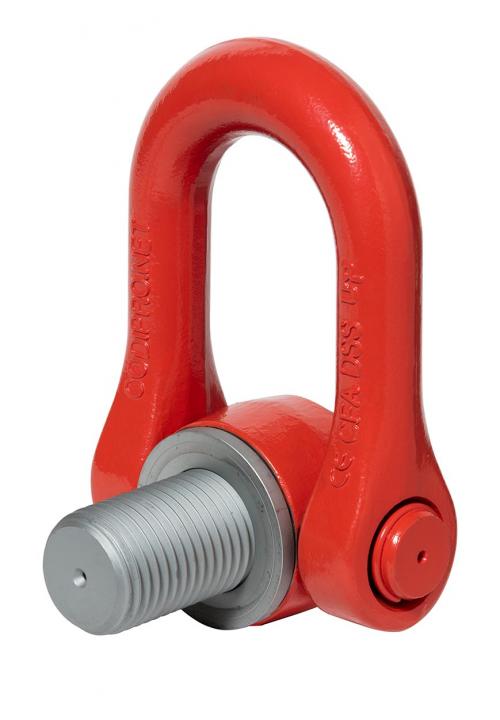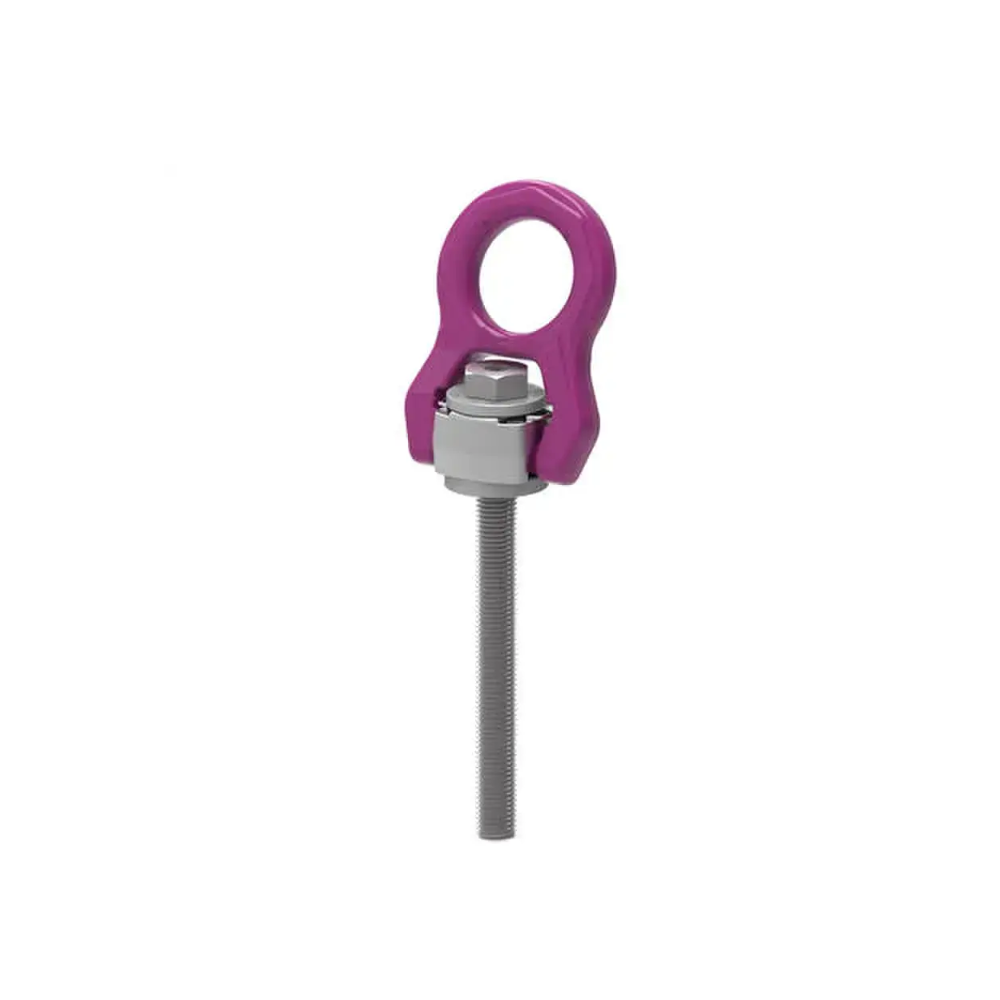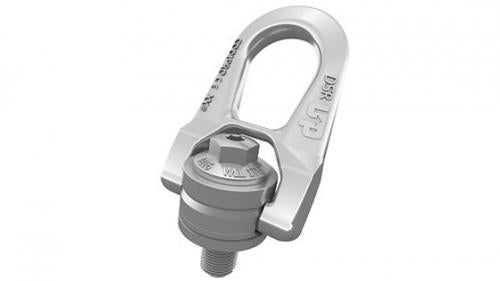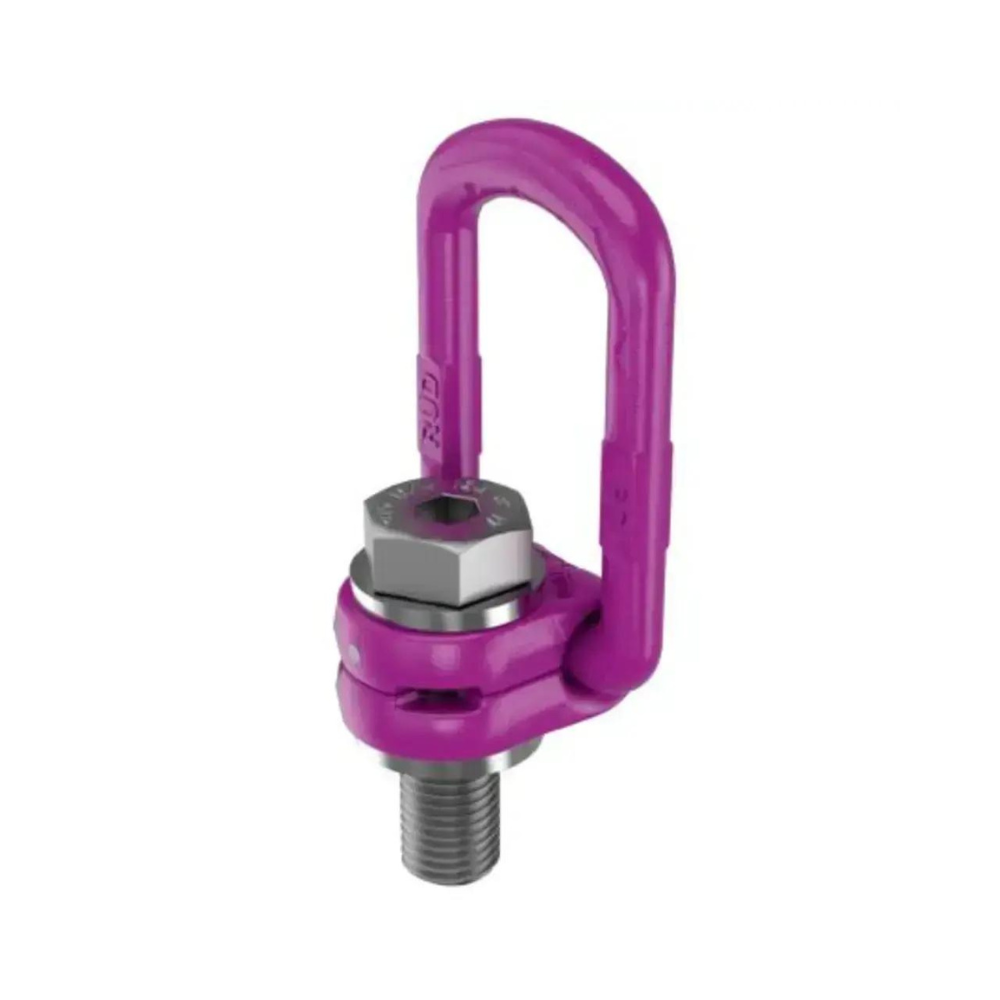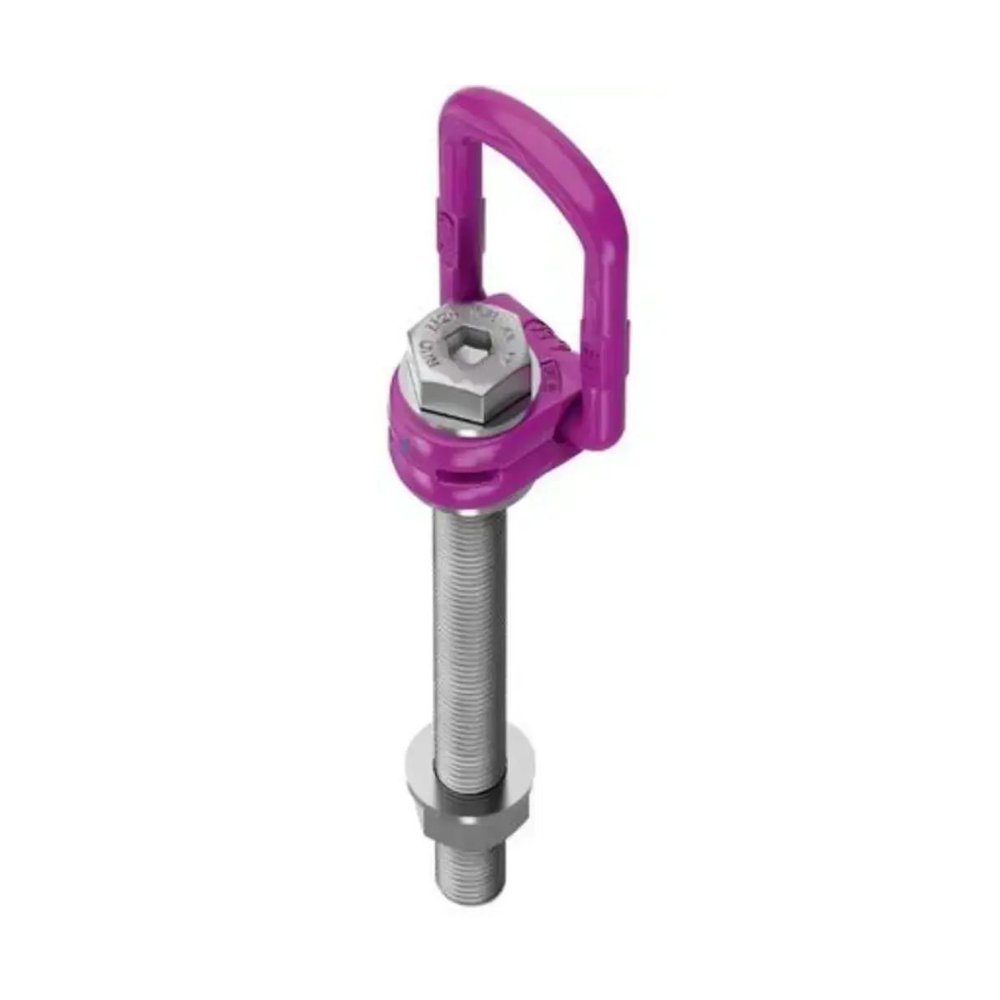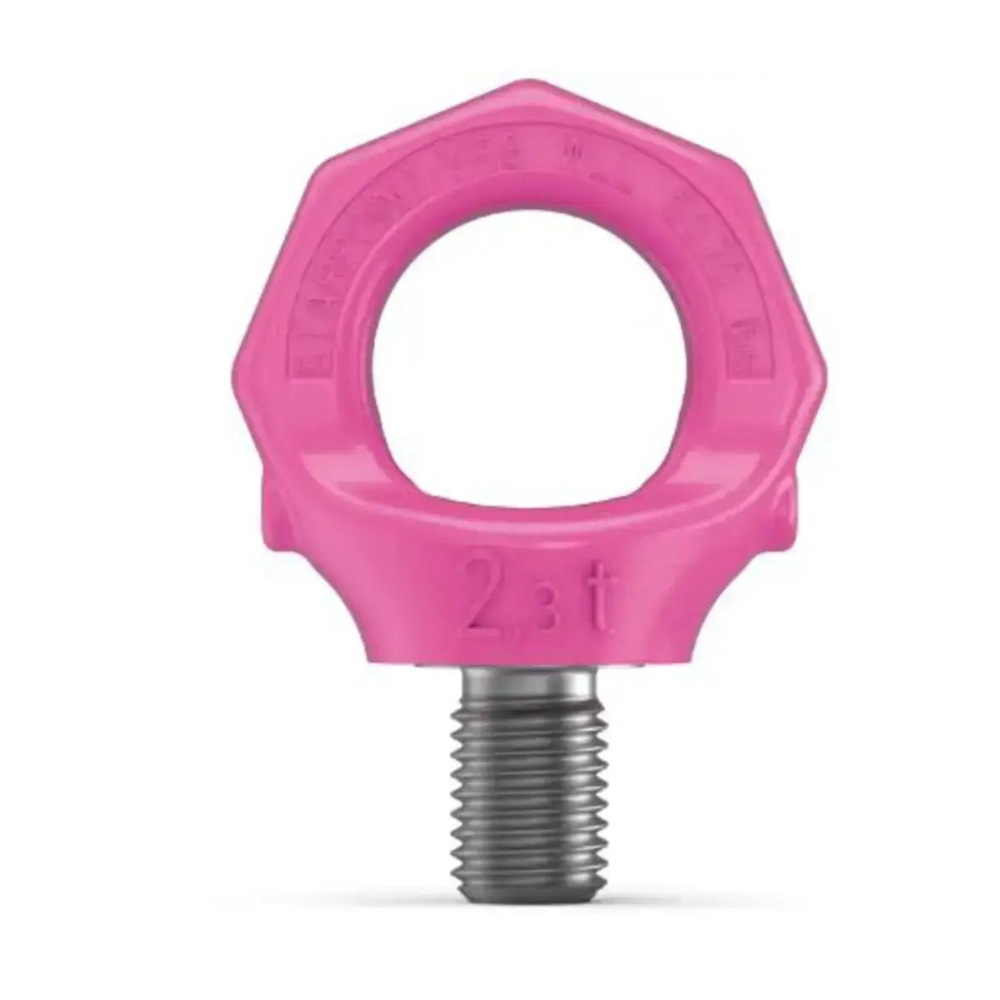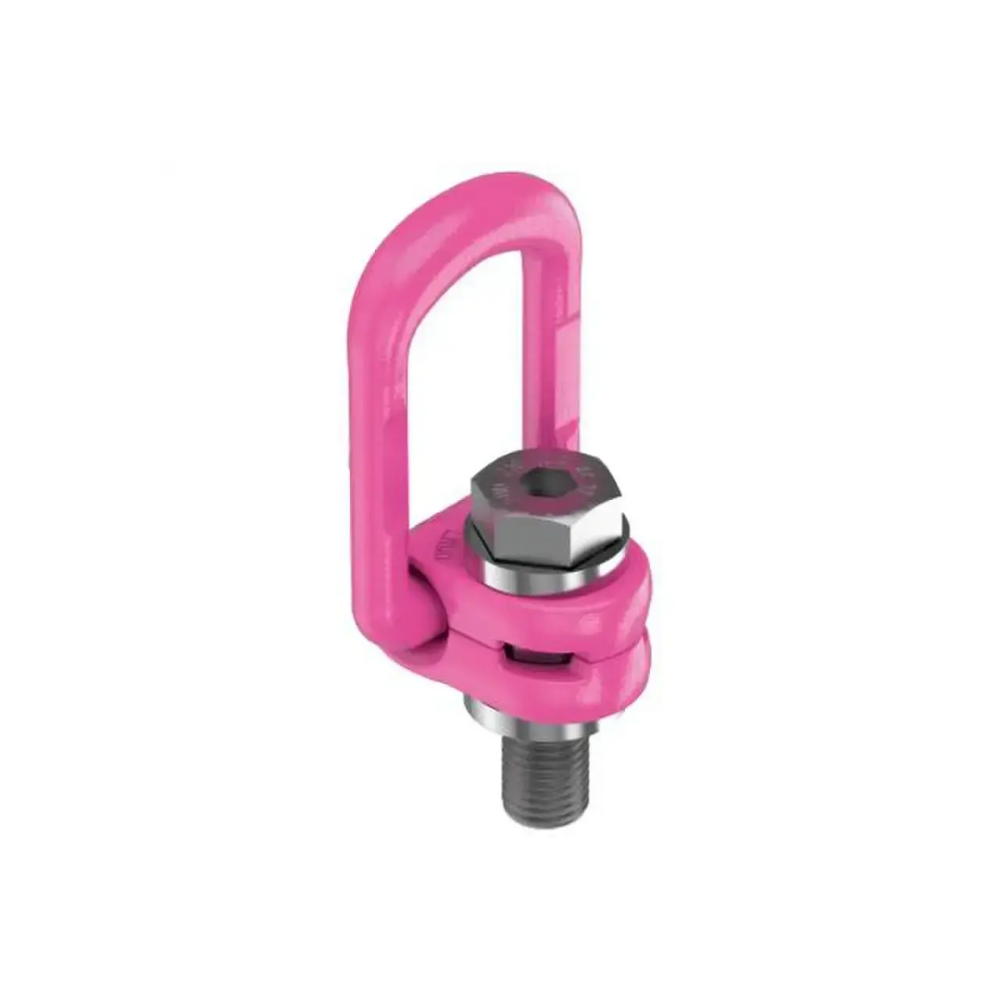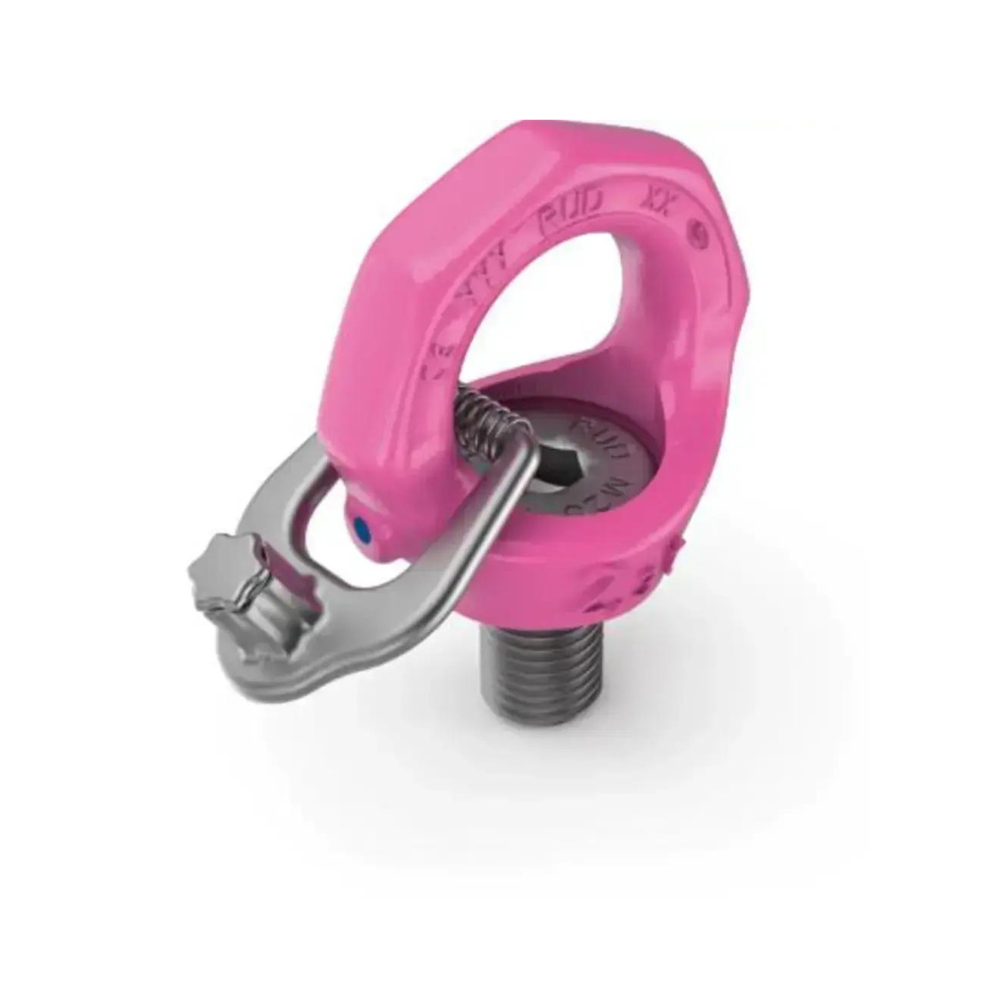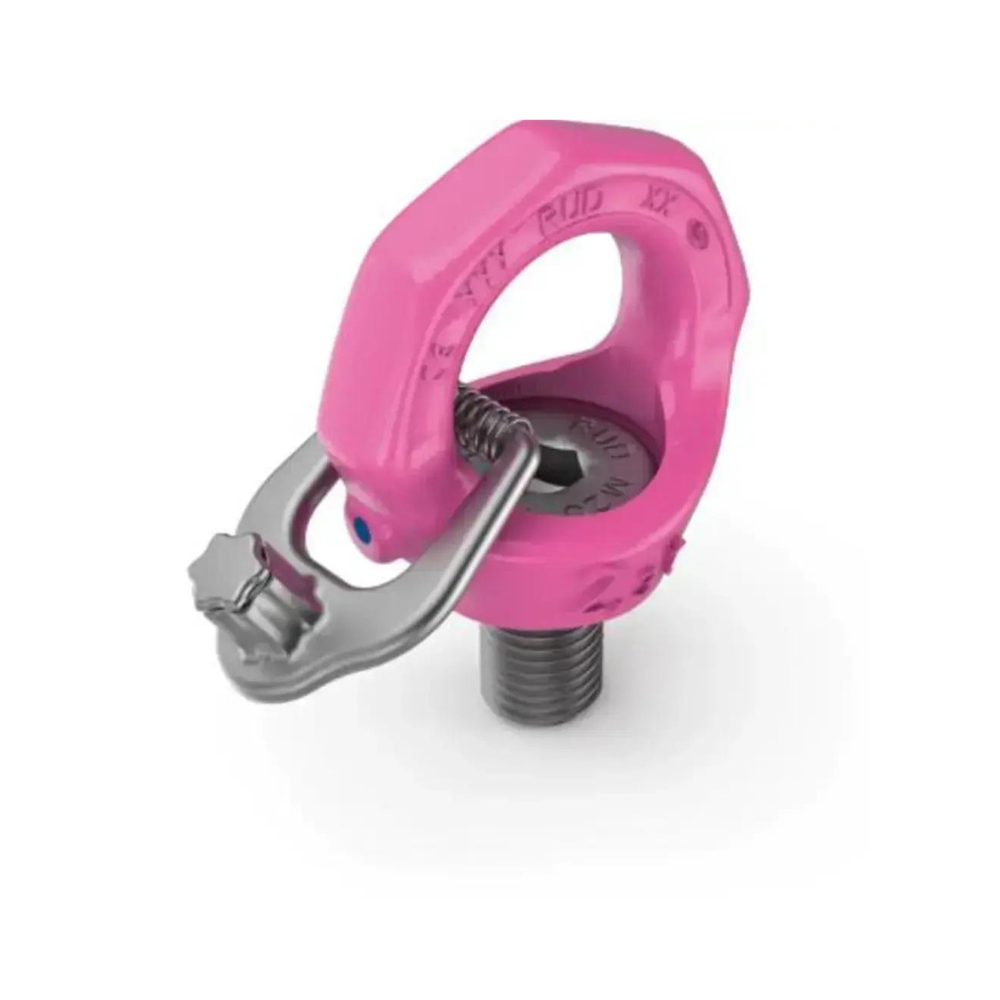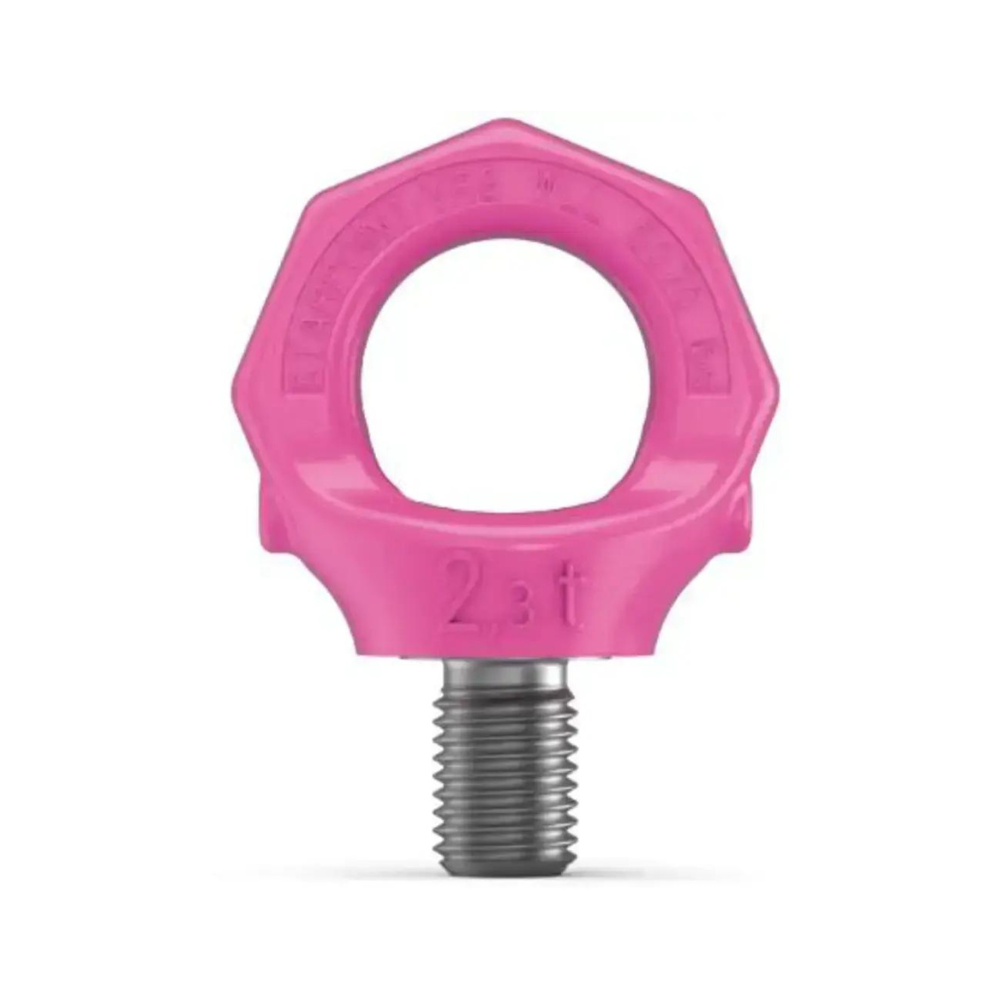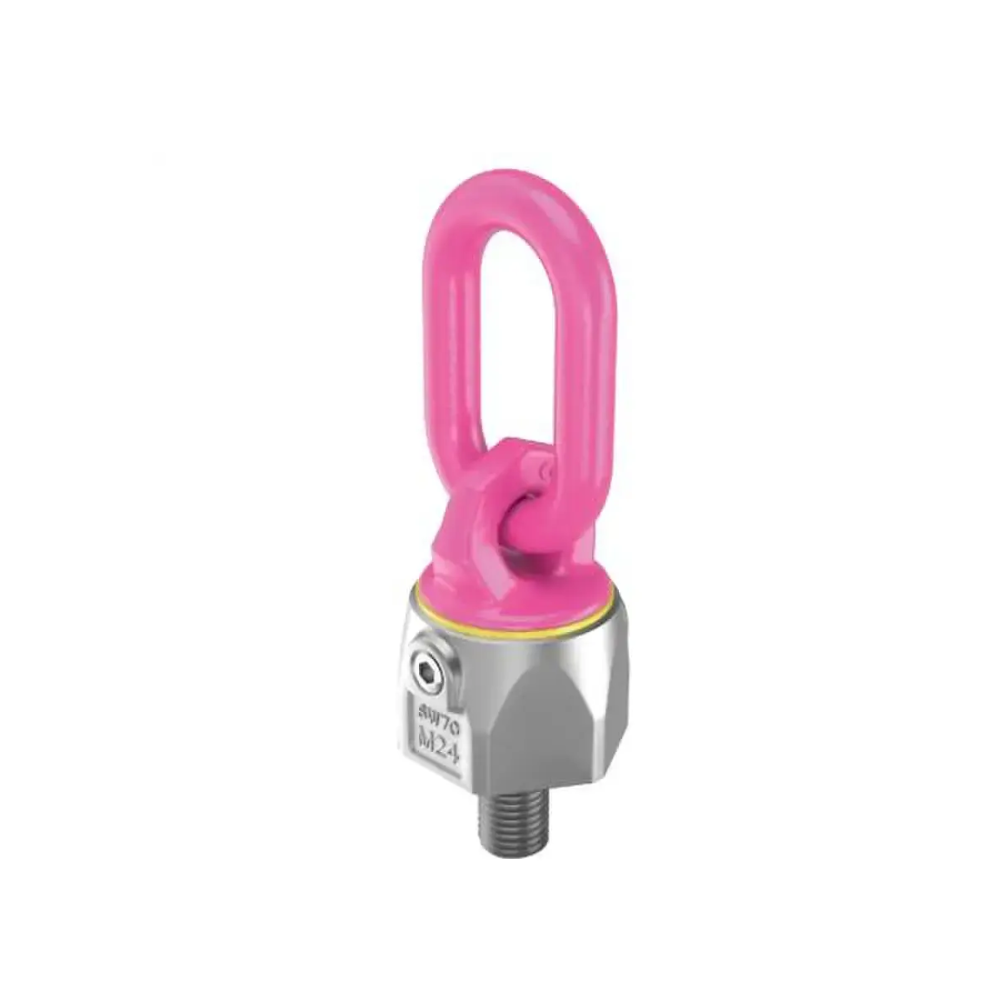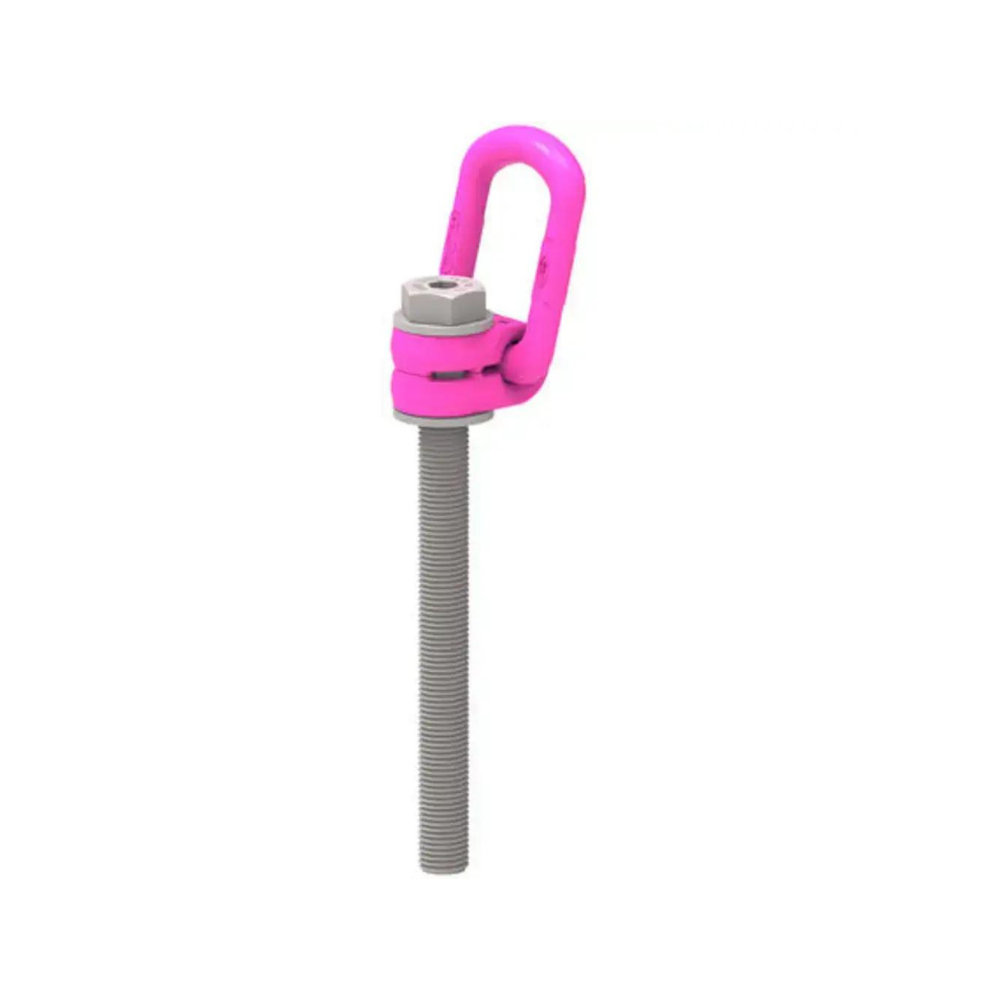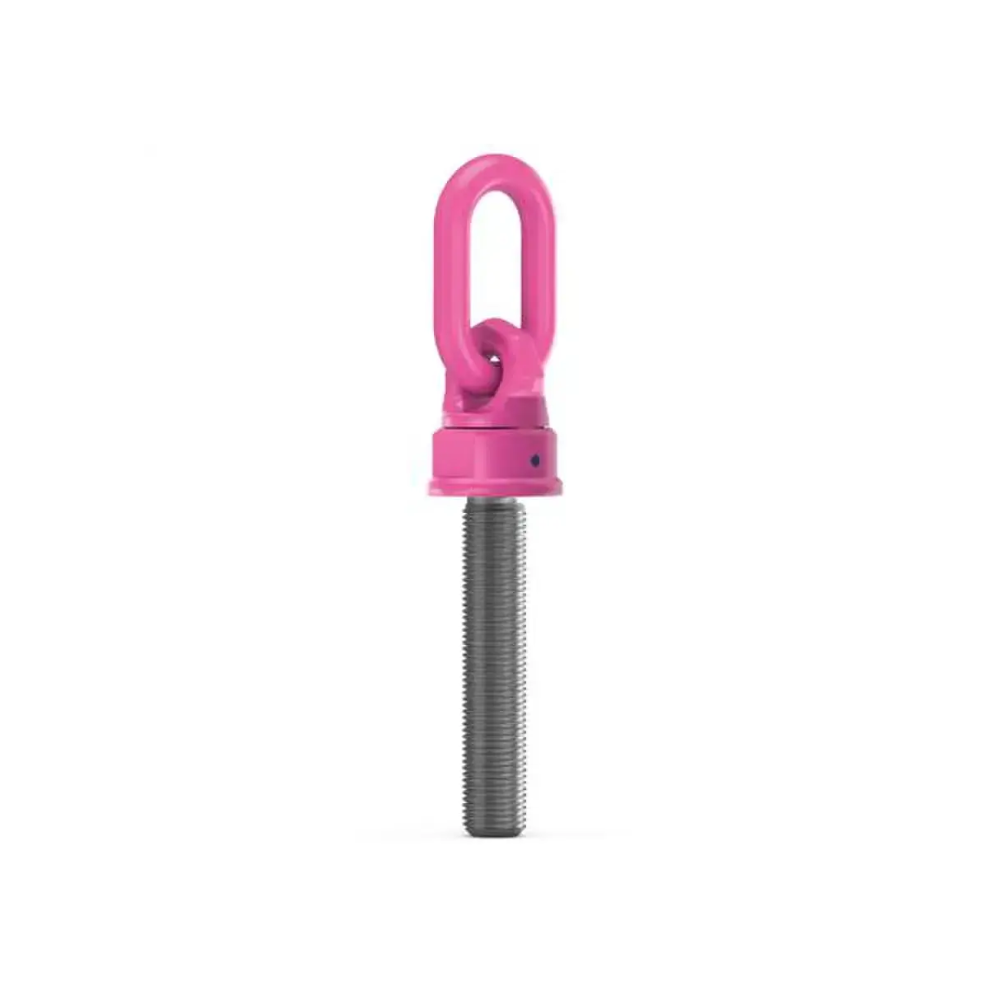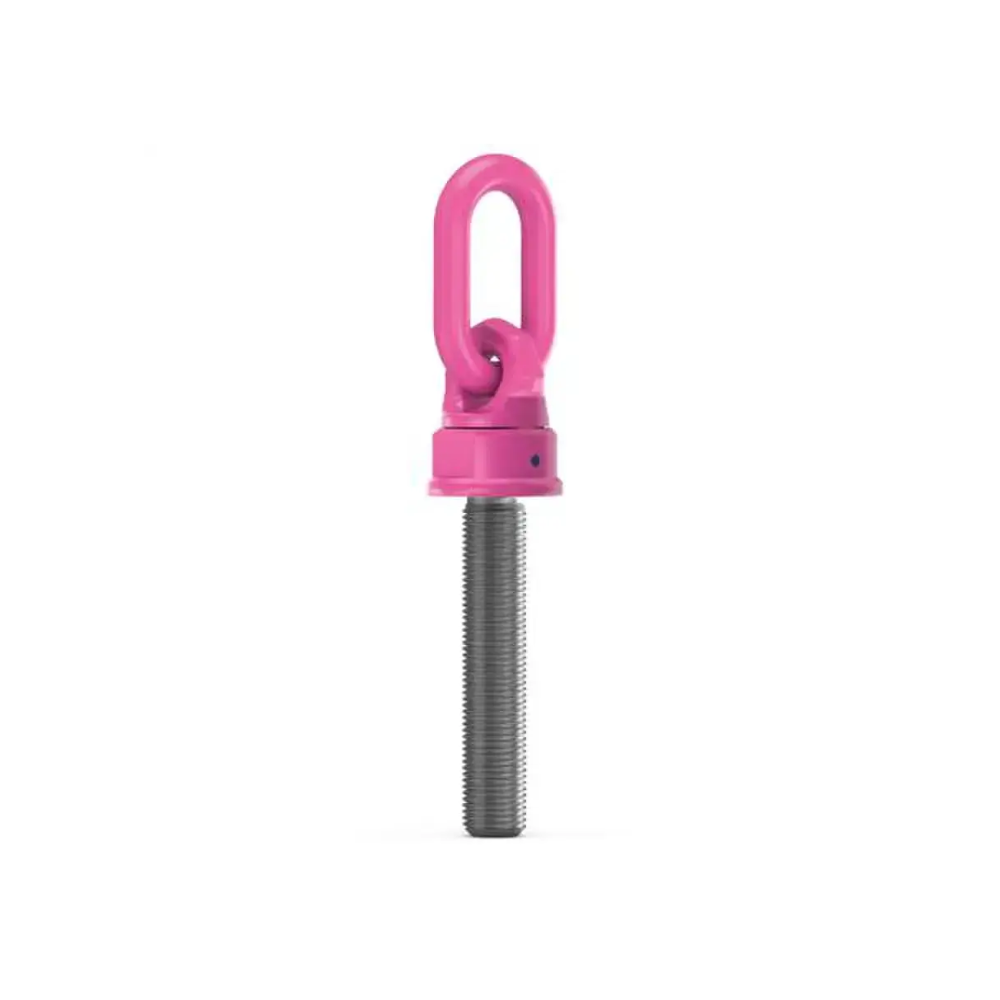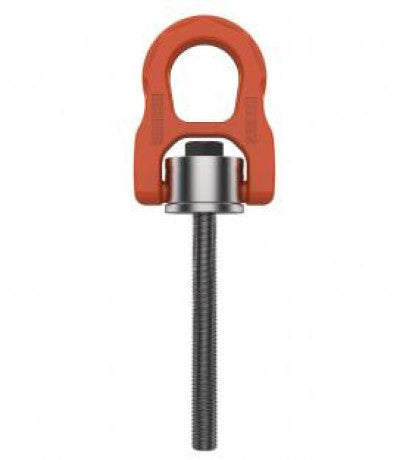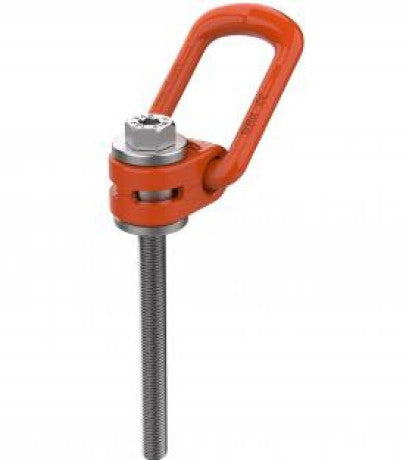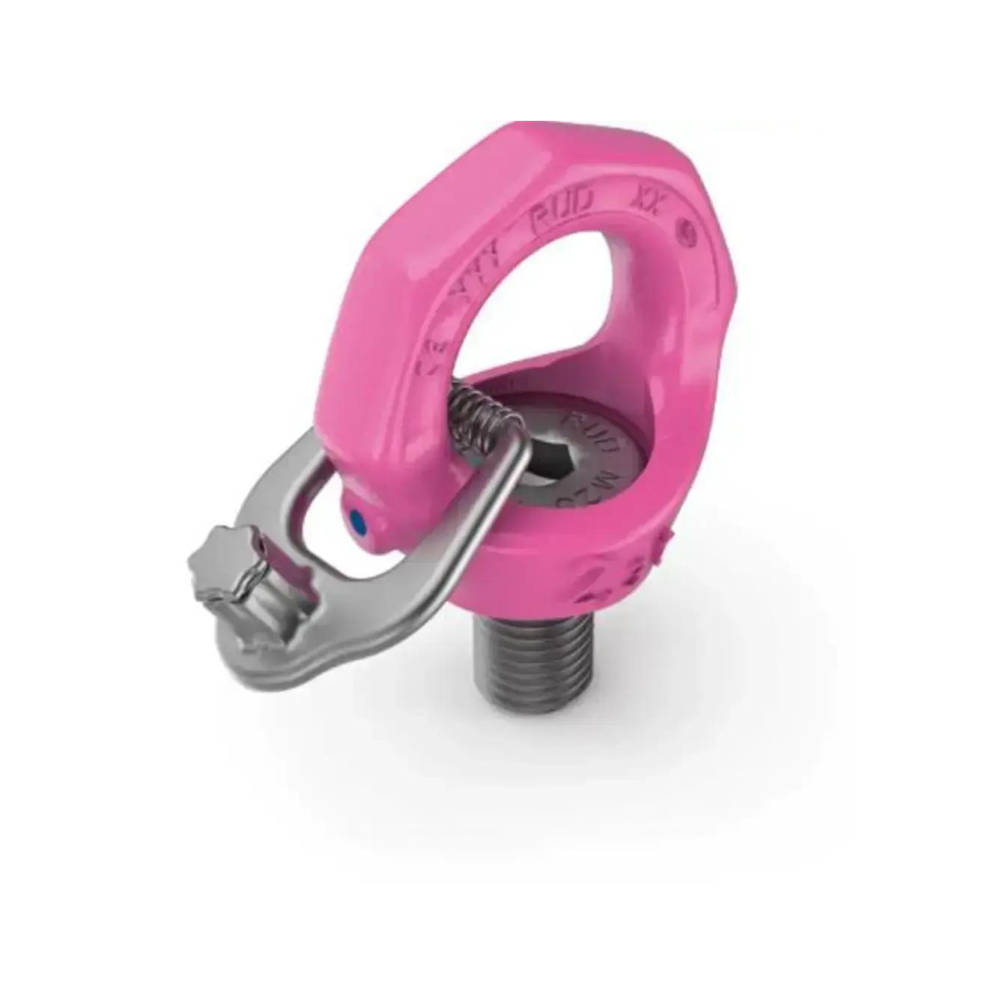Home / Rigging / Lifting Points / ... / Eyebolts & Screw Type Lifting Points
Eyebolts & Screw Type Lifting Points
(71 products)
Eyebolts & Screw Type Lifting Points
(71 products)
RUD VLBG-Plus Load Ring, Metric Thread with Max. Length
Typically Ships In: 2-3 Business Days
RUD VLBG Ring Bolt, Metric Fine-Thread with Variable Length
Contact Sales for Current Lead Times
RUD VWBG-V Load Ring, Metric Fine Thread with Variable Length
Contact Sales for Current Lead Times
RUD VLBG-Z Load Ring, UNC Thread with Variable Length
Typically Ships In: 2-3 Business Days
RUD VWBG Load Ring, Metric Thread with Variable Length
Contact Sales for Current Lead Times
RUD VWBG Load Ring, Metric Fine Thread with Variable Length
Contact Sales for Current Lead Times
William Hackett HA Swivel Hoist Ring (UNC) Extended Bolt
Contact Sales for Current Lead Times
William Hackett HA Lifting Point (UNC) Extended Bolt
Contact Sales for Current Lead Times
What Are Eyebolts for Lifting?
Eyebolts are essential components in lifting operations. When used for lifting applications, Eyebolts are required to feature a unique batch identifying number, a Working Load Limit (WLL) capacity and should be manufactured and used in-line with the current standard ASME B18.15-2015(R2021). Eyebolts are typically used in multiples of 2 and are connected to slings using shackles. Available in powder-coated or stainless steel and a variety of different designs to suit a diverse range of applications.
Get Swivel Hoist Rings For Angular Lifting
When lifting at an angle or from the side of a load, the lifting point is just as important as the sling or spreader beam above. Using the wrong type of eyebolt could cost you in ways you never wish to find out. Thankfully when you choose a Swivel Hoist Ring you benefit from being able to handle angular lifts thanks to the 360-degree rotating and 180-degree pivoting design. No twisting and no unintentional stresses when you choose the most advanced type of eyebolt.
Most of our rigging points require installation with a torque-drive ratchet to the limits stated on each unit.
Why Choose Lifting Equipment Store for Your Eyebolt Needs?
At Lifting Equipment Store, we pride ourselves on offering a comprehensive range of high-quality eyebolts that meet the highest industry standards. Here's why you should choose us:
- Unmatched Quality: Our eyebolts are sourced from reputable manufacturers and undergo rigorous quality control to ensure durability and reliability.
- Diverse Selection: We offer a wide variety of eyebolts in different sizes, materials, and capacities to suit your specific needs.
- Expert Guidance: Our knowledgeable team is always ready to assist you in selecting the right eyebolts for your application.
- Competitive Pricing: We offer competitive pricing without compromising on quality.
- Fast Shipping: We strive to deliver your orders promptly and efficiently.
By choosing Lifting Equipment Store, you can be confident that you're investing in safe, reliable, and cost-effective lifting solutions.
Buy High-Quality Eyebolts & Screw Type Lifting Points at Lifting Equipment Store USA
At Lifting Equipment Store USA, we offer a comprehensive range of high-quality eyebolts and screw-type lifting points, engineered to deliver exceptional strength, durability, and safety. Our products are sourced from reputable manufacturers and undergo rigorous quality control to ensure optimal performance.
With a wide variety of sizes, materials, and capacities, we have the perfect solution for your specific lifting needs. Our knowledgeable team is ready to assist you in selecting the right products and provide expert advice. Shop now and discover the difference a quality lifting solution can make.

